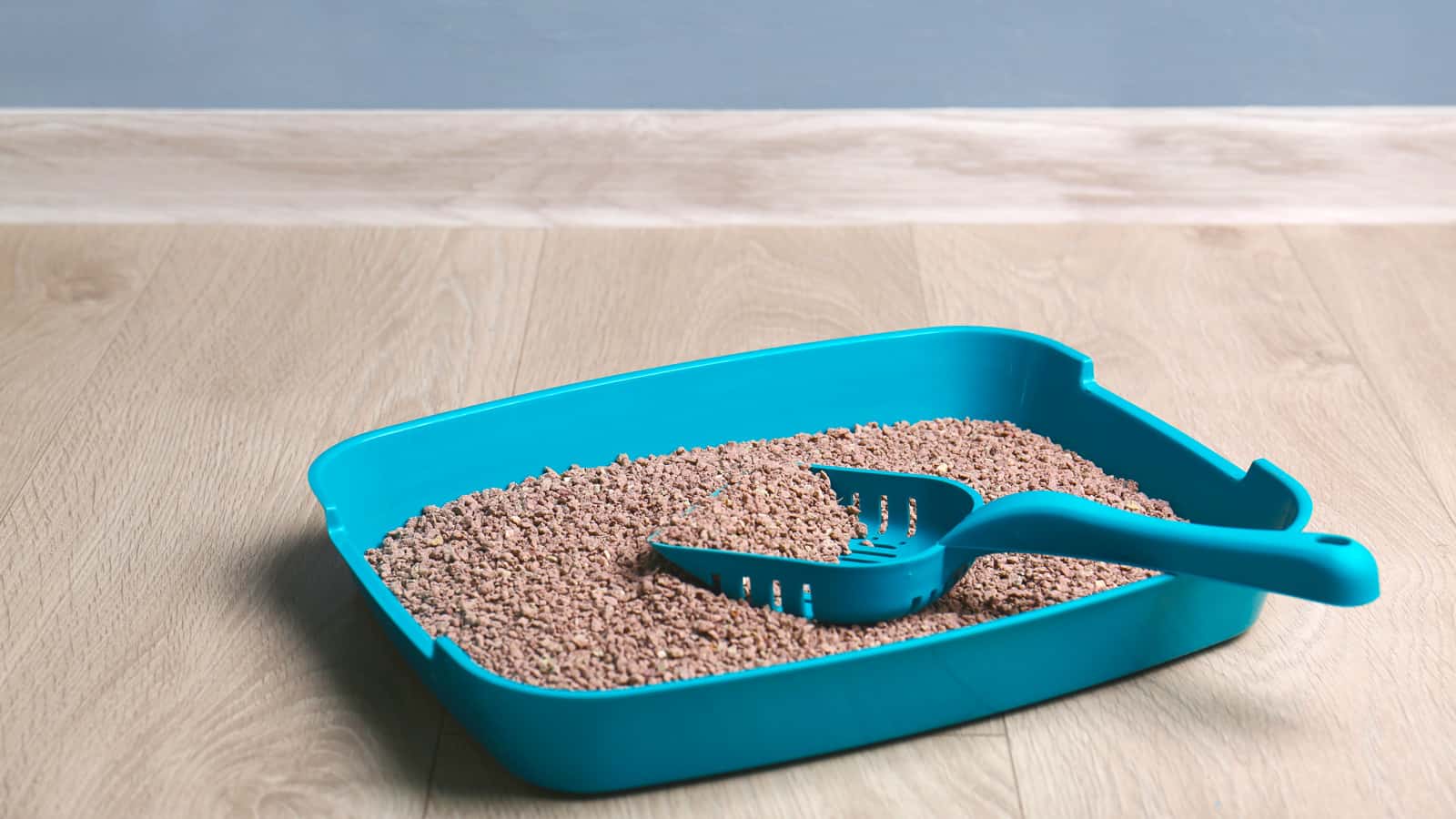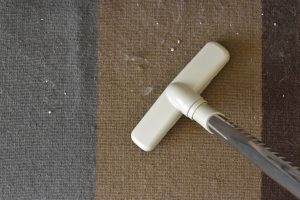In the quest for longer-lasting litter solutions, many find themselves overwhelmed by the choices.
Yet, some ancient manual doesn't lock away the secret to maximizing litter life. It's right here, in the everyday decisions savvy cat parents make.
The right approach can redefine the relationship with that trusty litter box, making it more sustainable and efficient.
With cats ruling households and hearts, getting the litter game on point is essential.
This article spills the beans on making litter go the extra mile. Curious? Let the journey of extended litter life begin!
A Quick Dive into Litter Basics
Before diving into the tips, let's get a basic understanding of litter.

Whether it's for your pet or any other purpose, the primary goal of litter is to absorb moisture and trap odors.
However, not all litters are created equal, and their longevity can differ based on the type and quality.
Types of Litter
Choosing the right type of litter is crucial for ensuring longevity and effectiveness.
Knowing the different types available is essential, as each has unique properties and advantages. Here's a quick rundown:
1. Clay-Based
This is the most common type but tends to get saturated quickly.
Derived primarily from bentonite clay, this litter forms clumps when exposed to moisture, making it easy to scoop out waste.
Click here to see this clay-based cat litter on Amazon.
Its natural ability to absorb and seal in odors has contributed to its popularity.
However, it's important to note that mining for bentonite can have environmental implications, prompting some users to look for sustainable alternatives.
2. Silica Gel Crystals
These are super absorbent and can last longer than clay-based litter.
Silica gel is made from silicon dioxide with highly porous granules that effectively capture moisture. It's also non-toxic, making it safe for pets.
Click here to see this silica gel crystal cat litter on Amazon.
One added advantage is its ability to change color as it absorbs moisture, giving you a visual cue when it's nearing its saturation point.
3. Biodegradable
Made from materials like recycled paper, wood, or corn. They're eco-friendly and decompose naturally over time, reducing landfill waste.
Click here to see this biodegradable cat litter on Amazon.
Often softer on pets' paws, these litters have the added advantage of being compostable in many cases.
However, they may need more frequent changes compared to non-biodegradable counterparts.
Tips to Make Litter Last Longer
Now, onto the good stuff! Here are some tried and tested ways to ensure your litter lasts longer.
1. Regular Scooping
It might sound basic, but regular scooping is the first line of defense. By removing waste daily, you're preventing the litter from becoming overly saturated.
Over time, unscooped waste can break down and release ammonia, a pungent gas that can make the environment unpleasant for both pets and owners.
Furthermore, consistent scooping prevents bacterial growth, ensuring a healthier environment for your pets.
2. Maintain Depth
Ensure you maintain a depth of about 2-3 inches.
The appropriate depth ensures even absorption, reduces the chances of your pet digging to the bottom, and prevents over-saturation in one spot.
It also minimizes wastage, as too much litter can lead to unused portions that get thrown away.
Keeping to this recommended depth can make a significant difference in the longevity and efficiency of your litter.
3. Mix Different Types
Consider mixing clay litter with silica gel crystals.
The super absorbency of the silica crystals can help reduce the amount of moisture in the litter box, leading to less frequent changes.
Additionally, silica crystals are less likely to harbor bacteria, which can contribute to odors.
By combining the two, you're harnessing the benefits of both types, resulting in a more efficient and longer-lasting litter blend.
4. Keep it Dry
Place the litter box in a dry area. Excess moisture can compromise the effectiveness of the litter by accelerating clumping and reducing its absorbency.
Furthermore, areas with high humidity can promote bacterial growth, which may lead to unpleasant odors.
Therefore, selecting a dry location for your litter box ensures both longevity of the litter and a healthier environment for your pet.
Eco-Friendly Alternatives
If you're keen on reducing your environmental footprint even more, consider these alternatives:
1. Recycled Paper
Paper litter is made from recycled materials, making it a sustainable choice.
Click here to see this paper cat litter on Amazon.
They might not last as long as clay or silica, but they can be quite efficient with proper maintenance.
2. Wood Pellets
Wood pellets are another eco-friendly alternative. They absorb moisture and break down into sawdust.
Click here to see this wood pellet litter on Amazon.
When the bottom of the litter box is all sawdust, it's time to change!
3. DIY Litter
Have you thought about making your own litter? Mixing equal parts of sand, soil, and baking soda can create an effective and natural litter.
Click here to see this baking soda on Amazon.
The baking soda helps neutralize odors, while the sand and soil act as absorbents.
Know When to Change
Regardless of how well you maintain it, there comes a time when litter needs changing.
Over time, litter loses its absorbency and ability to control odors, even if you've been diligent about daily maintenance.
Prolonged use of the same litter can also lead to bacteria buildup, harming your pet.
It's essential to recognize the signs: if there's a strong odor even after scooping or if the litter is wet or clumpy throughout, it's time to replace it.
In Purr-suit of Longer Lasting Litter
Making your cat's litter last longer is all about maintenance and smart choices.
With the tips mentioned above, you can extend the lifespan of your kitty's litter, save some money, and reduce waste.
It's a purrfect solution for you, your feline friend, and the environment!
So, the next time you're about to dump that entire box, remember that a little care can go a long way. Here's to fewer changes and more happy purrs. Happy scooping!
Dive deeper into litter insights:







![cat examines kitty litter box with eco-friendly silicate litter - Can You Wash and Reuse Crystal Cat Litter? [Answered]](https://litter-boxes.com/wp-content/uploads/2023/08/cat-examines-kitty-litter-box-with-eco-friendly-silicate-litter-300x200.jpg)

![Domestic cat looks at the litter box. Cat wants to go to the toilet. Dry cat litter box - non clumping litter mixed with mix clumping litter - Can You Mix Clumping and Non-Clumping Cat Litter? [Answered]](https://litter-boxes.com/wp-content/uploads/2023/08/domestic-cat-looks-at-the-litter-box.-cat-wants-to-go-to-the-toilet.-dry-cat-litter-box.-High-quality-photo-300x200.jpg)